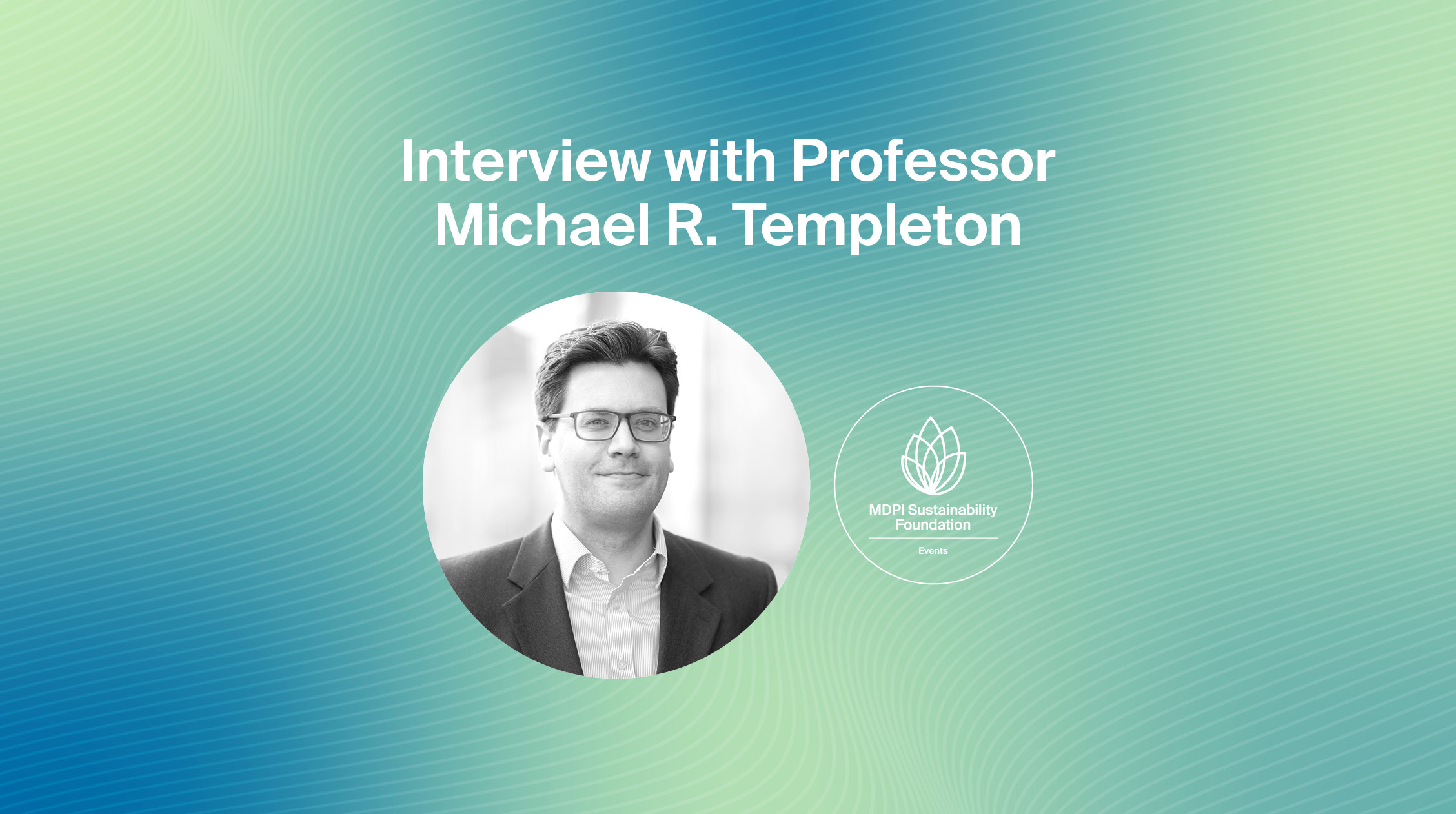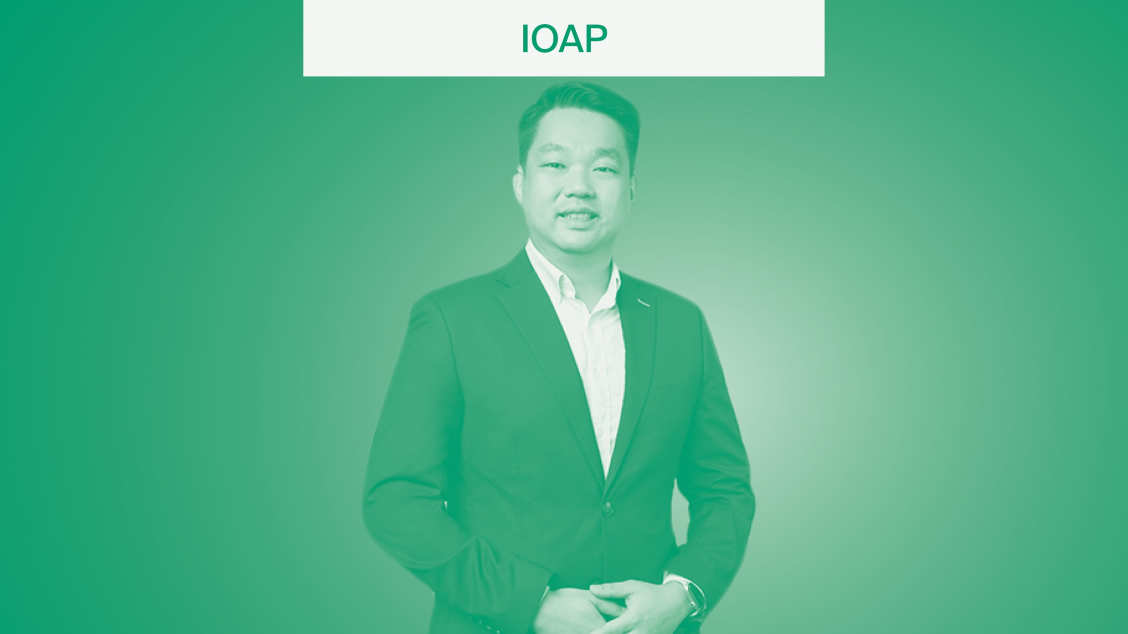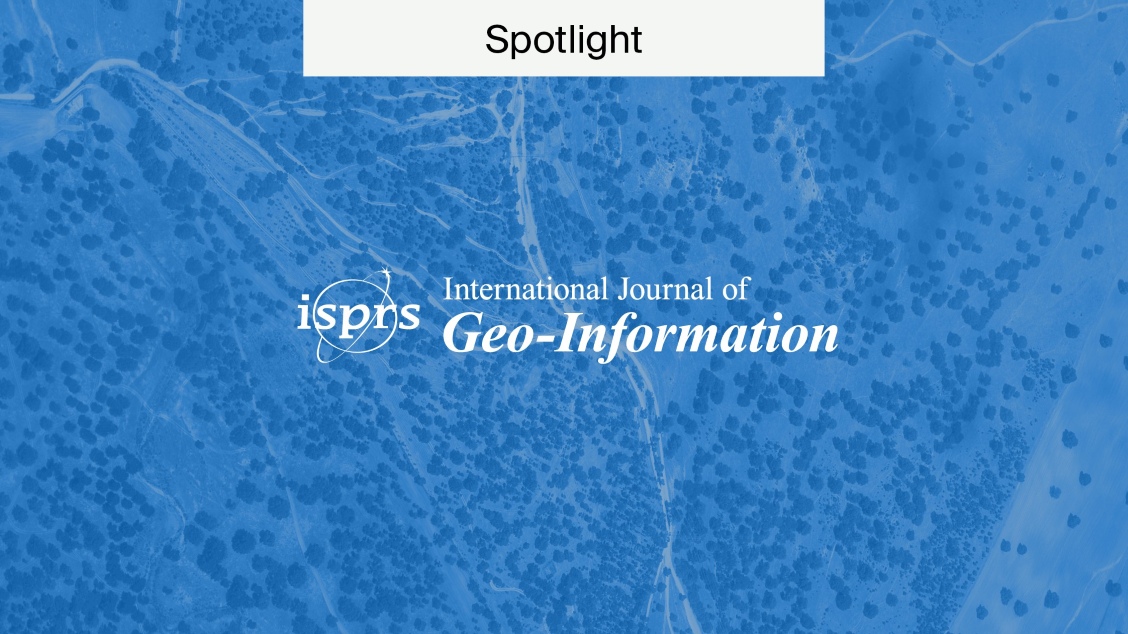
Interview With 2023 World Sustainability Awardee Professor Michael R. Templeton
This year, Professor Michael R. Templeton has been awarded first place in the World Sustainability Awards for his work in designing and promoting safe, sustainable, and affordable sanitation solutions.
The awards ceremony will take place on 14th September 2023 during the 10th World Sustainability Forum, where Professor Templeton will be discussing his achievements in more detail.
In this interview article, we elaborate on how Professor Templeton’s work has been instrumental to improving water, sanitation, and hygiene (WASH) facilities worldwide. We also share thoughts from Professor Templeton directly and explore some potential directions for future work in this field.
Sustainable technologies and public health engineering
Professor Templeton’s work in public health engineering, specifically in relation to sustainable technologies for sanitation, has advanced the Sustainable Development Goals in the context of engineering and global development.
Currently, Professor Templeton holds positions as Professor of Public Health Engineering at Imperial College London and Research Chair in Global Sanitation Technology of the Royal Academy of Engineering. He’s also a founding member and chair of the International Worm-Based Sanitation Association.
Having served in an advisory capacity for many reputable organisations, including the World Health Organization, the Natural Sciences and Engineering Research Council of Canada, the Swedish Research Council, and the UK’s Global Challenges Research Fund, his work has helped to address the most urgent sanitation needs worldwide.
When asked about his interest in engineering, and the motivations for his work on sustainable technologies and in public health engineering, Professor Templeton expressed the importance of making a positive impact through innovation.
“I’ve always been interested in engineering not just for its technical aspects but also its ‘power for good’, for society and the planet, if it is directed towards solving global challenges.”
Innovation and collaboration
Professor Templeton also makes the point that interdisciplinary work involving various stakeholders and communities is often the most impactful.
“I’m also humbled by the fact that most sustainability problems are not solvable by engineers working alone, but rather through collaboration with other disciplines, and by engaging meaningfully and equitably with a range of stakeholders and communities. I find it very rewarding to apply my engineering lens within that interdisciplinary and international problem-solving context.”
And this collaboration is evident in all of Professor Templeton’s work. He has worked with partners in, for example, Ethiopia, Tanzania, Ghana, Sierra Leone, Senegal, Benin, and India to build safer and affordable water, sanitation, and hygiene (WASH) facilities.
Water, sanitation, and hygiene access
Here, we explore some of Professor Templeton’s contribution highlights in this field.
WASH interventions in endemic communities
Professor Templeton’s work has been instrumental to developing new knowledge and technologies that have helped to guide national and global policies related to sanitation management.
For example, he has been part of an effort to manage the prevalence of schistosomiasis and soil-transmitted helminthiasis in Ethiopia. These diseases are caused by parasites that are carried in contaminated water or soil due to inadequate sanitary facilities.
Improved WASH facilities are urgently required in places where diseases like this are endemic, and continued research is key to their reduction.
Serving on the Technical Advisory Group for Schistosomiasis and Soil-Transmitted Helminths of the Ethiopian Federal Ministry of Health, Professor Templeton contributed to the development of a five-year national plan to eliminate these diseases.
In places where the complex engineering equipment necessary for proper sanitation management is unaffordable, Professor Templeton’s research and collaborative work is making a huge difference.
Worm-based sanitation technologies
Worm-based sanitation has proven to be a game changer. Importantly, worm-based composting toilets, or ‘Tiger Toilets’, have improved WASH access across the world.
Speaking on the development of worm-based sanitation technologies, and explaining their benefits, Professor Templeton had the following to say:
“Back in 2010 I was fortunate to be part of a great interdisciplinary, multi-institutional team that carried out exciting research together to investigate whether you could design a low-cost toilet (ideally cheaper than a septic tank in a developing country) that would use composting worms to treat human excreta on-site. This has many benefits – the worms transform the waste into a compost material which is much safer to empty, they can reduce the filling rate of the toilet, and odours are also reduced.
We started by rigorously testing designs in the UK under controlled conditions, and partners in India then took up the idea and applied it in households in their setting. This then provided opportunities to test the performance under real-world conditions and get valuable feedback from users.”
Worm-based sanitation technologies now serve over 250,000 low-income households across more than 10 countries.
This technology is just one of the many projects for which Professor Templeton has won this year’s World Sustainability Award.
Deploying new technologies
The scaling up of new technologies is crucial for real-world use.
Professor Templeton has had first-hand experience of building connections to deploy new technologies worldwide. For example, NGOs such as Oxfam have helped to ensure that affordable and sustainable sanitation technologies like the Tiger Toilet are delivered where they’re needed most.
But disseminating knowledge about new technologies and finding ways to deploy them on a larger scale can be difficult. This is a challenge Professor Templeton has faced throughout his career.
“Whenever you have a clever new idea or an exciting new technology that seems to work well and is desirable to end users, two challenges that follow are dissemination of knowledge and scaling up. In the context of sanitation, the global need is so vast currently, meaning that the potential for beneficial impact is also huge, but it also means that there is a very wide and diverse audience who need to know about new sanitation innovations that might be ideal in their circumstances.
It requires disseminating knowledge in many different ways – not just traditional academic dissemination via journal papers, but also via direct engagement with stakeholders such as governments and NGOs.”
Future Work
When asked about the future directions of his work, Professor Templeton highlighted further technological development in sanitation and the bolstering of sustainable practices in the field as two key areas of interest.
Improving technologies
There are many gaps to improve on and develop in today’s key sanitation technologies, like septic tanks. Professor Templeton elaborated on this in his own words.
“There are still so many important research questions in sanitation and exciting opportunities for innovation. From working with international practitioner organisations in the sanitation field, I’m able to get a steer about the priority, on-the-ground engineering challenges that they are facing, and their ‘wish lists’ of problems that need solving.
For example, there is a desire to go ‘back to the drawing board’ and re-think the standard septic tank design, which has not changed very much fundamentally in over 150 years. Can we think of affordable designs which function better, in terms of safe treatment of the waste, but are also more easily field-deployable? A cheap, flat-pack, effective septic tank could be a game-changer!”
Bolstering Sustainability
It’s important to note that Professor Templeton has helped to promote the repurposing of waste by putting the valuable resources we can extract from it to use.
Additionally, implementing carbon-reduction programs in sanitation management can help to improve sustainability in this area.
“There is also a lot of interest in how we can think of faecal sludge as not just a waste in need of disposing, but as an opportunity for recovery of resources, such as nutrients and energy. What are the technical and market conditions for making this resource recovery work, and are there modular, easily scalable technology options for doing so? I’m also currently interested in greenhouse gas emissions from sanitation facilities, and whether the growing global carbon credit market may have a role to play in supporting sanitation innovation and implementation in the future.”
World Sustainability Forum 2023
Professor Templeton will be discussing his work in more detail during the Award Ceremony, which will be held on 14 September 2023 during the 10th World Sustainability Forum (WSF2023).
WSF2023 is a 24-hour hybrid event taking place in Singapore, Basel, and Toronto. You can learn more about WSF here. The Ceremony will be held in the Basel Hub in Switzerland. Those of you wishing to attend the Award Ceremony and to hear Professor Templeton speak about his work can do so by registering for the WSF2023.










